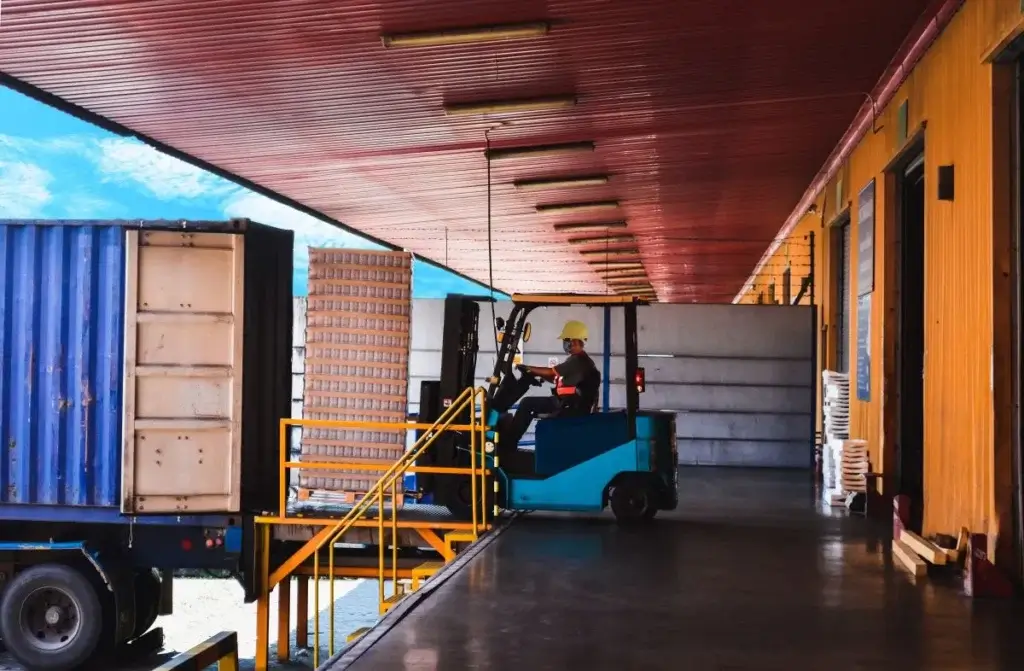Amazon is pushing online stores selling goods through its platform to use its logistics services too. Otherwise, there will be “consequences.” Is it a courageous and controversial step towards being a leader in the logistics market, or concern for the partners’ image and customer satisfaction?
Last week, Jeff Bezos’ company surprised its partners using the Seller Fulfilled Programme (SPF) platform with an email informing of the need to use more deliveries through the Amazon logistics network. Otherwise, they are to “suffer the consequences,” reports American portal theloadstar.com.
According to the American press reports, that’s how Amazon wants to force its partners to keep their delivery time promises. The e-commerce giant complains in the email about “poor delivery performance”. That’s why it’s pushing e-retailers to offer deliveries on Saturdays as well and to keep their next-day and two-day delivery promises.
We know that as an SFP-registered retailer you work hard to provide your customers with the best possible shopping experience. Despite the good intentions, prior to the COVID-19 pandemic, less than 16 percent of SFP orders in the U.S. met the Prime Two-Day delivery promise, which customers expected. This is largely because many vendors are not in business on weekends,” theloadstar.com cites the email.
The new terms and conditions for partners are supposed to apply from February next year, but this month already, Amazon is launching a new dashboard that allows retailers to track deliveries to be completed within one or two days.
What are the consequences for partners?
Up to now, suppliers who didn’t fulfil their delivery time promises have not suffered any consequences. However, they may soon lose their “Prime” status, which gives partners a high position in the Amazon search algorithm. Losing the status would mean pushing them down the list and reducing their chances of selling.
In order to keep the status, SFP participants will have to use a premium delivery service or transport through Amazon’s logistics network.
Industry experts claim that the move primarily serves to increase Amazon’s delivery volume, who competes with giants such as Walmart and Target. However, it may lead to antitrust proceedings. Prior to the “deal that cannot be thrown away”, e-retailers already accused Amazon of using its platform to force its partners to use the company’s logistics network.
According to ShipMatrix, Amazon delivered two-thirds of all shipments from the platform in the U.S. last month, 12 percent more than the year before.
Photo: Elliot Brown/ Flickr











